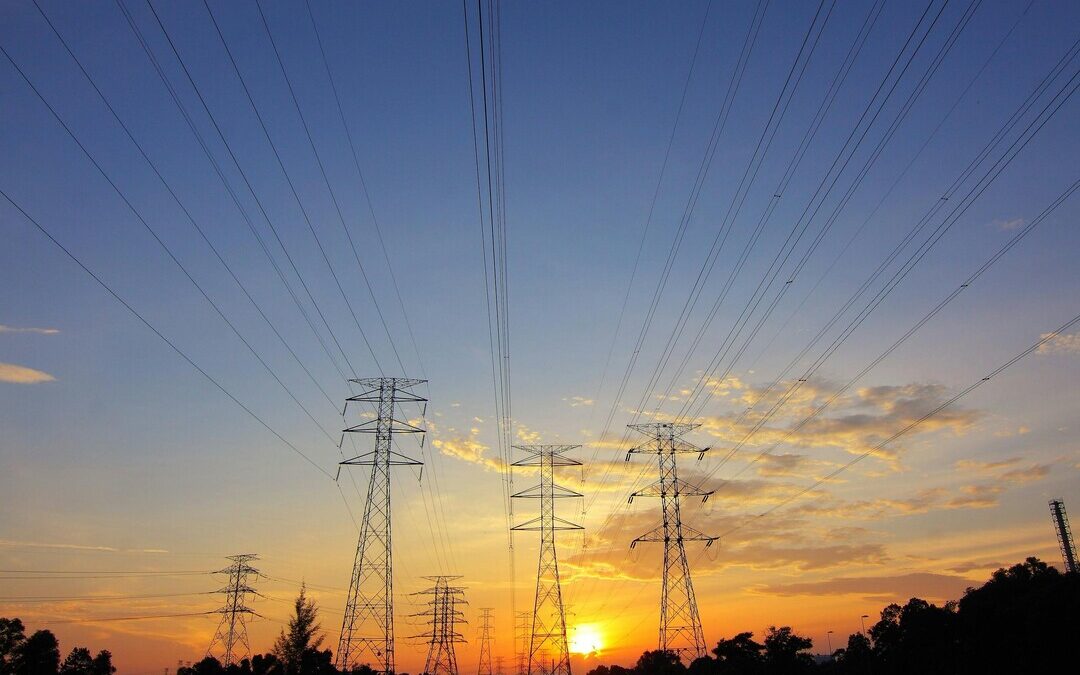India’s Power Demand to Double by 2032, Renewable Energy to Lead Transition
India’s power demand is set to double by 2032, driving renewable energy growth with a 500 GW capacity target by 2030.
Union Minister for New and Renewable Energy Pralhad Joshi said on Monday that India’s power demand is set to double by 2032, emphasizing the pivotal role of renewable energy in meeting the country’s growing energy needs.
Speaking at a regional review meeting in Jaipur, Joshi highlighted that the sector is a “leading global force” and reaffirmed India’s commitment to achieving 500 gigawatts of renewable energy capacity by 2030.
Doubling Power Demand and Renewable Energy Targets
The meeting reviewed the progress of renewable energy in northern states, including Jammu and Kashmir, Himachal Pradesh, and Rajasthan.
Joshi noted that renewable energy must play a larger role in India’s energy mix to cater to surging demand, citing significant investments, including ₹32 lakh crore, and the government’s Panchamrit initiative as key drivers.
India has already surpassed 200 GW of renewable energy capacity, with solar power contributing 97 GW, wind power 48 GW, and hydroelectric power 52 GW.
According to Sudeep Jain, additional secretary of MNRE, the government plans to achieve 500 GW by 2030 and an ambitious 1,800 GW by 2047.
State-Level Achievements and Challenges
Rajasthan emerged as a leader in renewable energy, allocating an additional 5,000 MW under the Pradhan Mantri Kisan Urja Suraksha Evam Utthan Mahabhiyan, or PM KUSUM, scheme and recently commissioning 1,200 MW of solar power projects in Jaisalmer. The state aims to install 125 GW of renewable energy capacity by 2030.
Other northern states highlighted their initiatives. Jammu and Kashmir focused on solar pumps and small hydro projects, while Himachal Pradesh aims for 100 percent green energy by 2026, supported by a 1 MW green hydrogen plant.
Incentives to Promote Rooftop Solar
Incentives totaling ₹152 crore were disbursed to distribution companies across the region to promote rooftop solar installations. Rajasthan’s Jodhpur and Ajmer Discoms received ₹39.43 crore and ₹17.59 crore, respectively. Other recipients included Discoms in Haryana, Punjab, Uttarakhand, and Uttar Pradesh.
Collaborative Efforts for a Green Future
Joshi stressed the importance of collaboration with state governments and global partners to address infrastructure challenges and accelerate the renewable energy transition. “Renewable energy is the cornerstone of India’s energy future, and collective efforts will ensure a sustainable, energy-secure nation,” he said.
The government plans additional workshops in Varanasi, Visakhapatnam, and Guwahati to enhance knowledge sharing and sector progress further.
India’s Global Leadership in Renewable Energy
India’s renewable energy sector, driven by policy initiatives such as green hydrogen and battery energy storage, positions the country as a global leader in sustainable energy. The transition is critical as India races to meet its long-term energy goals and cater to its rapidly growing power demand.
EsgTimes News Network
Related posts
Subscribe
Error: Contact form not found.


